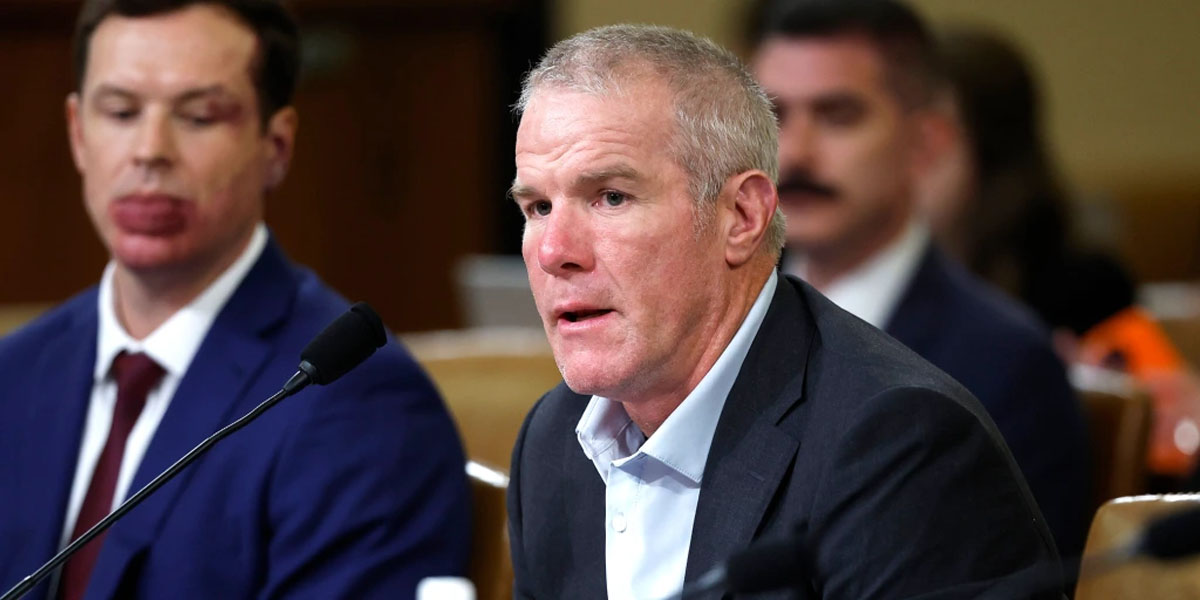
Favre, 54, has been a prominent figure in sports, but his post-football life has been marred by legal challenges and health concerns. At the hearing, he recounted losing his investment in a company that he believed was developing a breakthrough concussion drug, a cause that has become particularly poignant given his diagnosis. Favre has long been vocal about the dangers of concussions, having previously estimated that he suffered potentially thousands of them during his playing career.
The former quarterback also addressed the ongoing civil suit in which he is one of several defendants accused by Mississippi’s Department of Human Services of misusing welfare funds intended for the state’s neediest families. Favre has maintained his innocence, asserting that he was unaware of any wrongdoing and placing the blame on certain government officials for failing to protect the funds from fraud and abuse.
Favre’s Parkinson’s diagnosis adds a new layer of complexity to his life and legacy. Parkinson’s is a neurodegenerative disorder that affects movement and can lead to a significant decline in quality of life. The diagnosis is particularly significant in light of Favre’s history with head injuries, which are a known risk factor for developing neurodegenerative diseases.
Despite these challenges, Favre remains determined to clear his name and continue advocating for concussion awareness and welfare accountability. His testimony highlighted the ongoing impact of his NFL career on his health and the legal battles that have followed him into retirement.

















